Hey everybody, and welcome to PT Pioneer.
My name is Tyler, and through my many years in the fitness industry, I developed this platform to help people like you navigate toward successful careers in fitness.
One of the ways I help trainers like you figure out their careers is by helping them determine which qualifications to get.
This article will provide in-depth insight into concerting qualifications, namely powerlifting certifications.
To get you informed, I’ll be touching on the following key points when it comes to the best powerlifting certifications:
I also highly recommend that you take the quiz and find out which powerlifting certification is best for your career goals.
By the end of this article, you can pick the best powerlifting program for your needs and understand the basic steps you need to take to become a powerlifting coach.
So with that said, let’s jump straight into it!
Our Top Picks
| CPT | CPT | Features | Price |
|---|---|---|---|
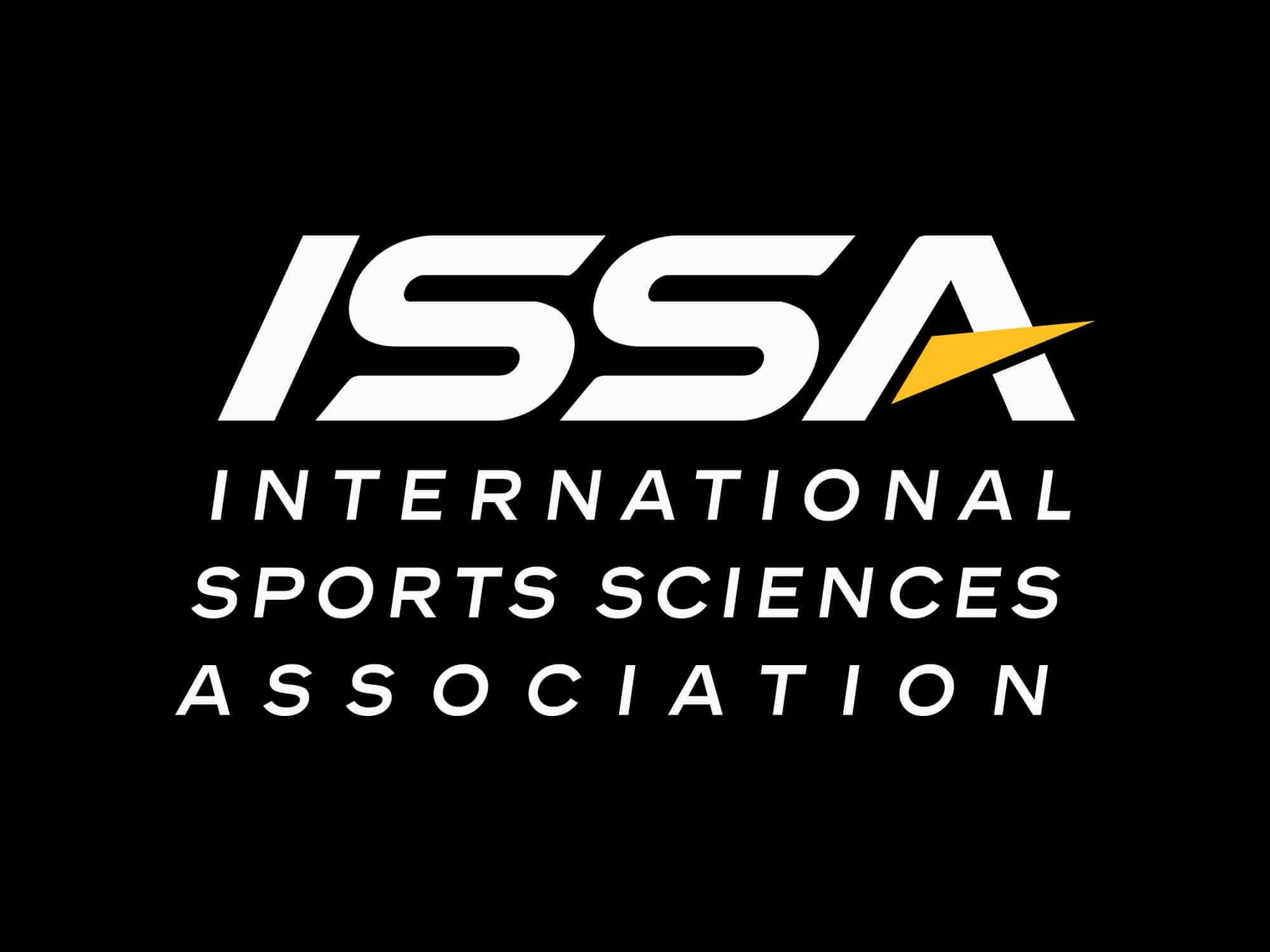 |
| Check ISSA Pricing | |
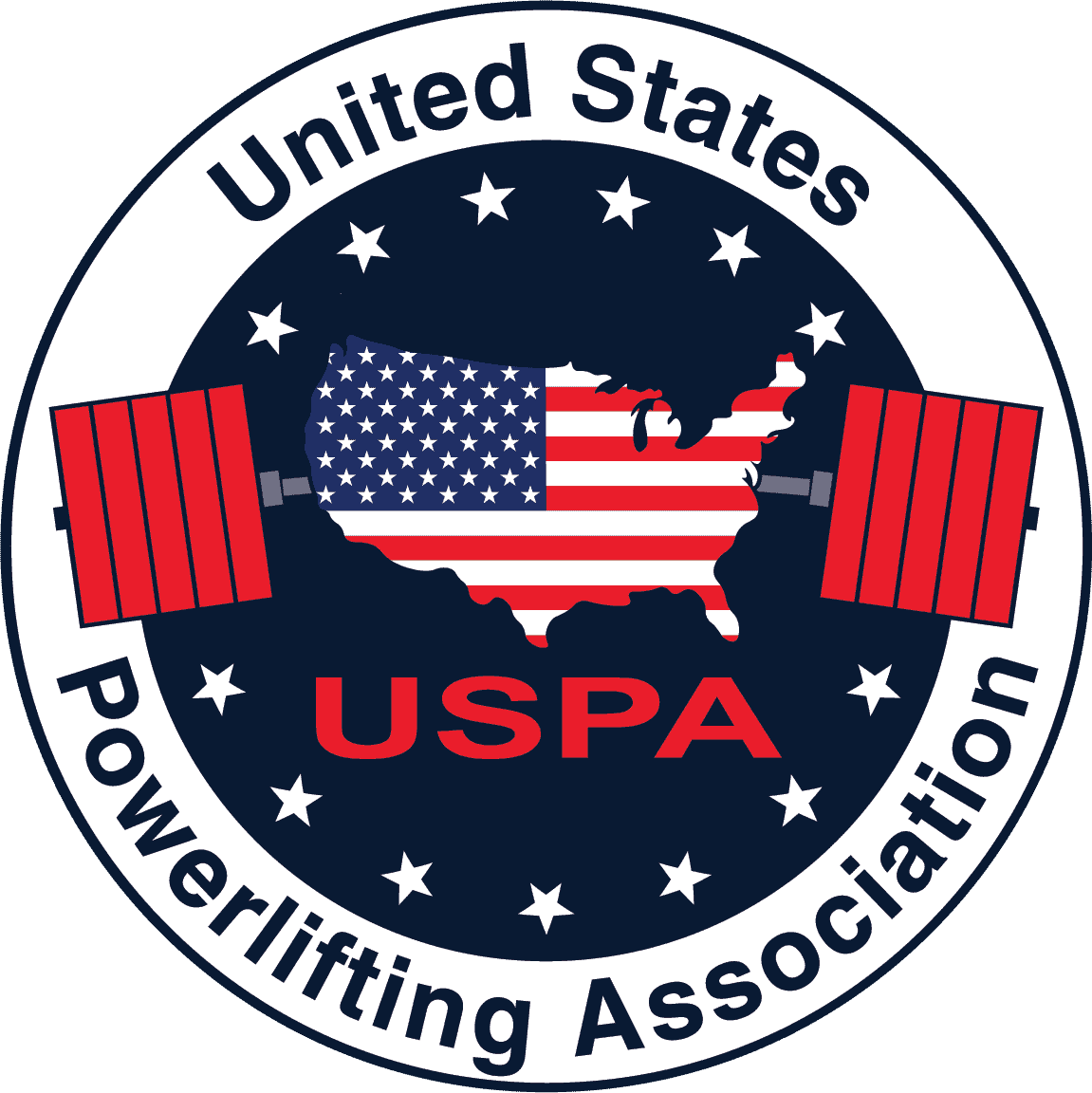 |
| Check USPA Pricing |
ISSA Powerlifting Certification
ISSA, or the International Sports Science Association, is a stalwart in the certification community.
Being one of the biggest and longest-standing institutions in American fitness, ISSA has a heritage that measures up to its stellar reputation.
With that said, you can expect their powerlifting cert to be of a high standard, as is the case with many of their other programs.
ISSA has many well-recognized certs. The picking the best personal training certifications, ISSA is always there at the top, along with their nutrition and strength and conditioning options.
As a new coach, one of the best ways to position yourself is with a training and nutrition certification program, which will give you multiple options when working with clients.
Normally that would be pretty expensive, but ISSA has an Elite Trainer deal that includes the ISSA CPT, nutrition, and the possibility of powerlifting. Make sure to visit their website to verify the offer is still running. It’s certainly a hard one to pass up.
This article will examine how good the ISSA powerlifting cert is, so keep reading.
NCCPT
The National Council for Certified Personal Trainers, or NCCPT, has been in the game for a while. During this time, it has been a leader in improving the standards of qualification and practice by fitness professionals in America.
Since I just spoke about ISSA, it’s important to note that NCCPT is a subsidiary of ISSA.
What that means is ISSA has a controlling stake in NCCPT operations.
Despite this, NCCPT still operates as an independent certifying agency with its administration system and unique curriculum.
USPA
The United States Powerlifting Association is the official governing body for the sport in America.
With that level of authority and relevance, USPA offers its powerlifting cert for coaches and athletes introducing them to successful training methods.
Because this program is run by a sporting body concerned with powerlifting and not by any old certifying agency seems like a promising prospect.
But we’ll have to see each cert and value category as we go through.
NSCA CSCS
The National Strength and Conditioning Association’s Certified Strength and Conditioning Specialist cert is not geared specifically towards powerlifting.
However, this program’s depth, relevance, and practical richness lend themselves very appropriately to most, if not all, strength-based sports.
In essence, if you already understand basic powerlifting execution and technique as a practitioner, even casually, the CSCS can get you up to speed.
That’s because the curriculum contains strong fundamentals on applying standard lifts.
This puts you in a position where you can work as a powerlifting and conditioning coach for powerlifters.
What Is “Powerlifting”
While this isn’t an article detailing and defining the sport of powerlifting, it’s important to get a general impression of what the sport entails if you’re going to coach it.
As the name suggests, powerlifting is a strength training sport based on lifting external loads as weighted barbells utilizing three unique lifts.
These lifts are:
Exclusive PTP CPT Offers |
||
|---|---|---|
Most Popular Cert | Best Online NCCA Cert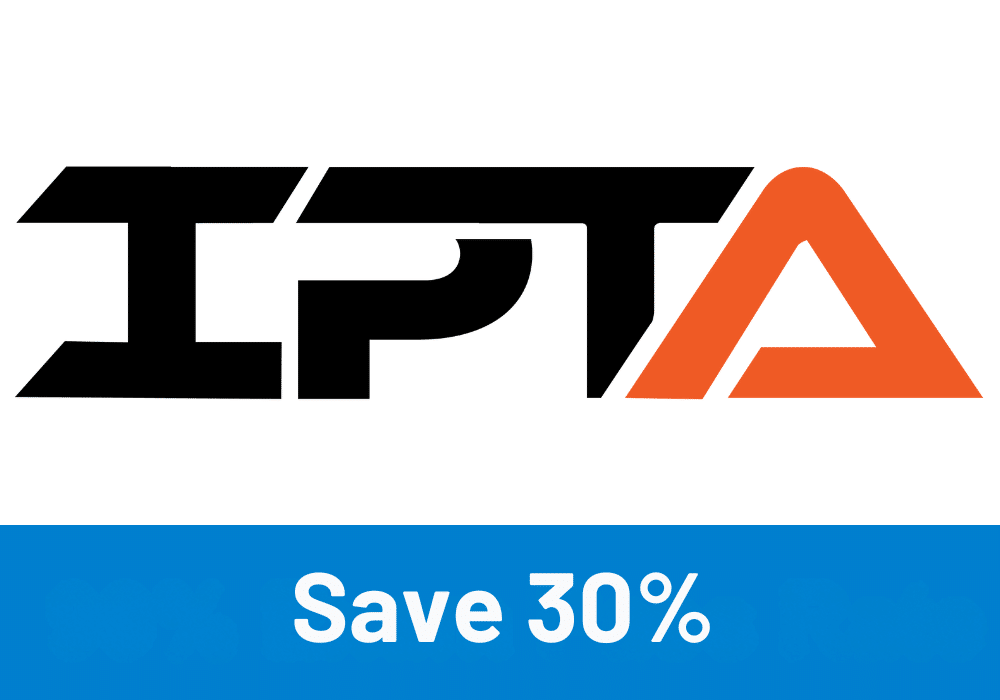 | Best Study Materials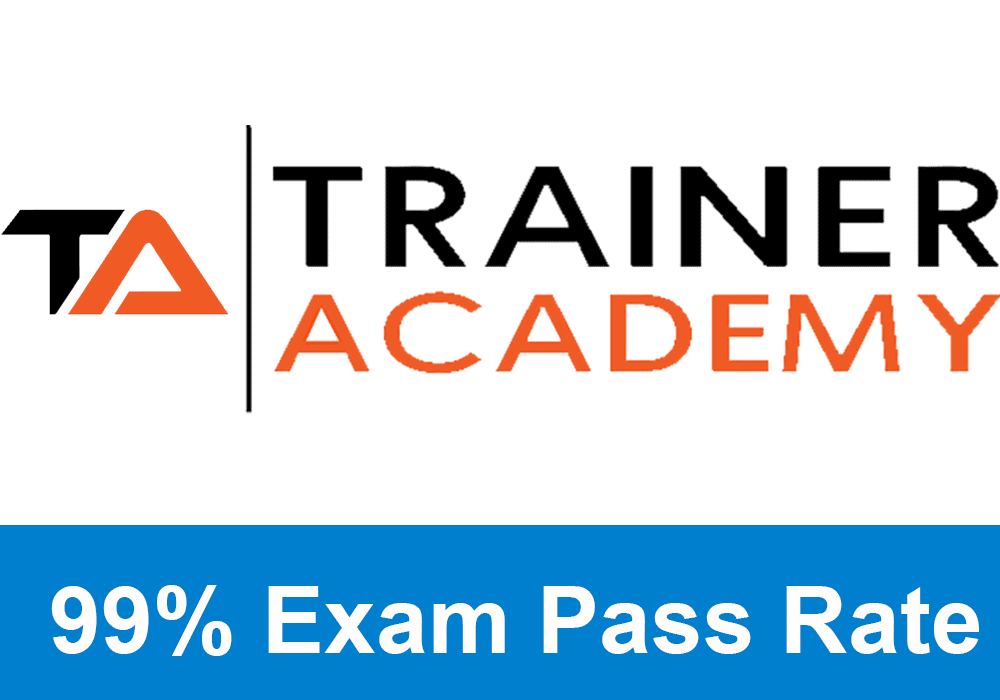 |
Gold Standard Cert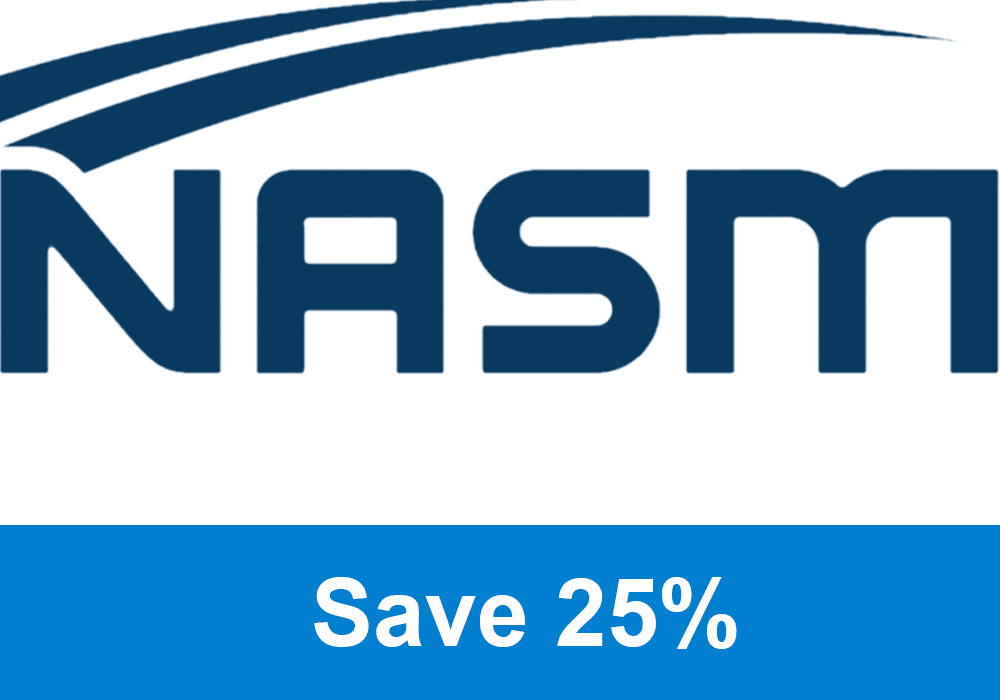 | A Good Option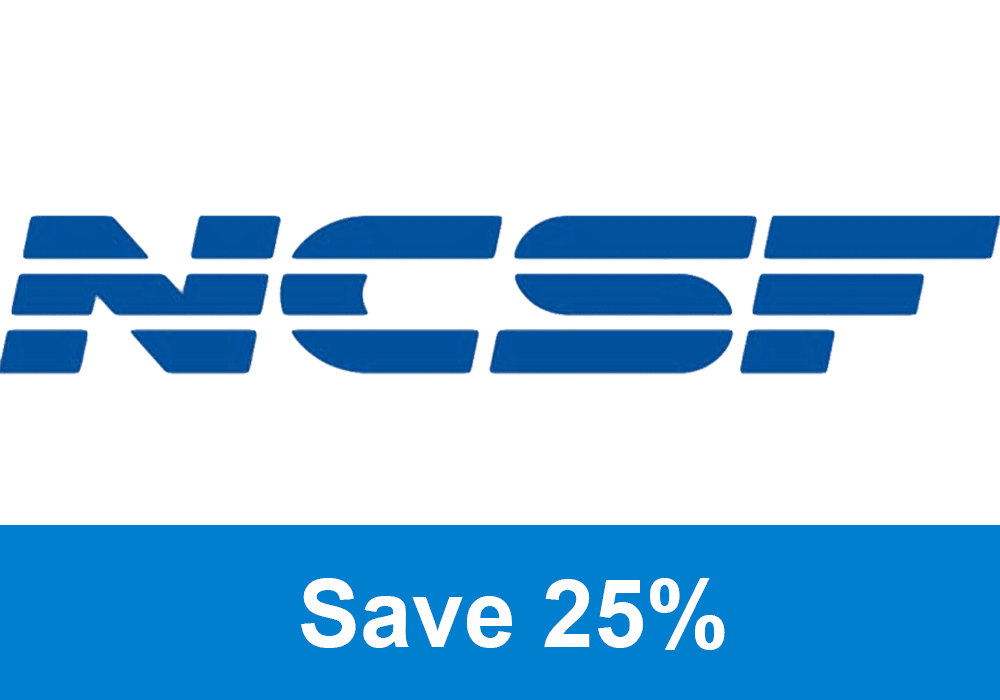 | Best CPT for you? 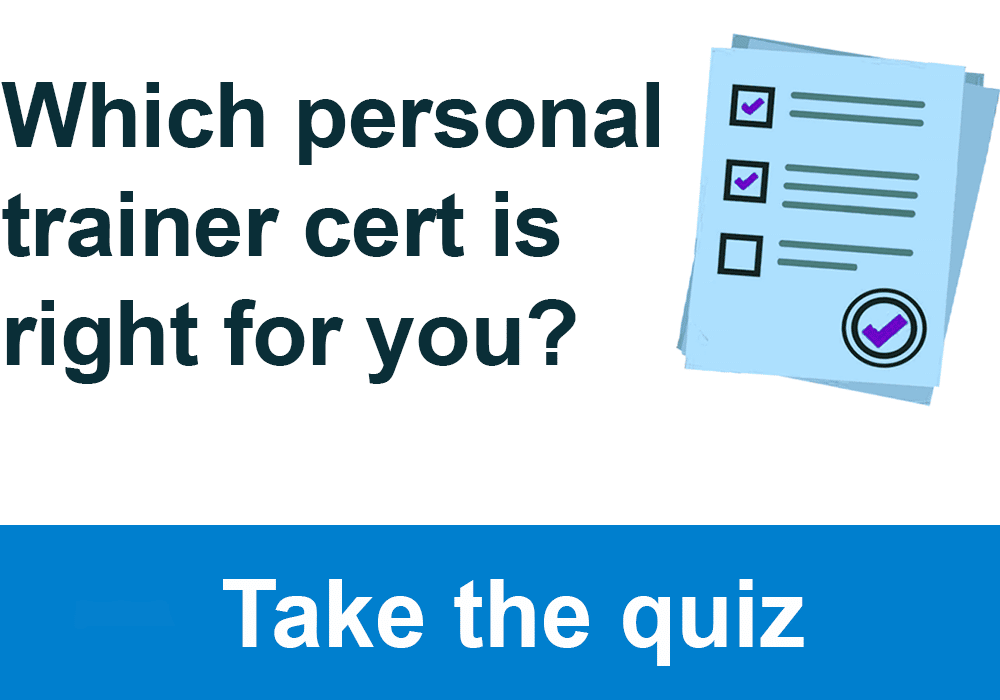 |
- The bench press
- The squat
- The deadlift
Participants are judged based on who can perform powerlifting movements with the most weight in a single effort of each lift.
Powerlifting is similar and often compared with Olympic weightlifting, although the two have very definable differences, especially considering the standard lifts used.
How to Become a Powerlifting Coach
Given that brief description of powerlifting, it’s time to carve out the journey of becoming a coach.
Before we delve into the certifications, I’ve marked out five key steps toward becoming a successful powerlifting coach.
Step 1: Know How To Powerlift
Right off the bat, you will want to be somewhat of a professional powerlifter yourself.
You needn’t be the best lifter in the room, but some hands-on experiences and mastery of the sport are advisable before any program design.
When it comes to coaching a sport or teaching a skill, it’s important to have some background experience to deliver authentic and practical training principles.
It also allows you to demonstrate a technique that is a massive asset in coaching and understanding the core biomechanics of lifting.
But when it comes to sports like powerlifting, the need for experience extends beyond the qualitative necessity and applies from a health and safety perspective.
Powerlifting is dangerous, and the bulk of the danger lies in incorrect execution and improper form during lifts.
Danger also comes from faulty or poorly implemented equipment.
To understand and impart safe training principles and identify potential risks, a substantial amount of experience is necessary.
Spotting and correcting poor form and identifying your athlete/client limits are equivalent to your success as a coach and can also help you avoid potential legal pitfalls.
Step 2: Determine Your Prerequisites
Aside from having a practical grasp of powerlifting as a practitioner, you must evaluate other prerequisites before getting certified.
Pre-requisites are simply the criteria you must meet before being allowed to enroll in a cert program for powerlifting.
Most traditional certifying agencies will, at the very least, ask you to be 18 or older, have a valid high-school diploma or equivalent, and have current CPR, AED, and First Aid certifications.
Other than that, you may encounter unique prerequisites depending on your certification.
Some may be strict, while others are pretty relaxed.
It will all depend on what you want and can go for.
Step 3: Find the Best Powerlifting Certification for YOU
Next, it’s time to choose your best powerlifting cert.
Your choice will depend on several factors, many of which we will explore in this article.
As a quick rundown, here are a few factors that will influence your decision:
- Fulfillment of prerequisites
- Cost
- Brand familiarity
- Reviews and recommendations
- Proximity to testing centers
Fulfilling prerequisites is probably the first limiting factor when finding a cert that suits you.
If you don’t meet all the criteria for a specific certification, you must settle for one whose requirements you satisfy.
Cost is a topic ill go into cert by cert but simply put; you should go for the most affordable and best quality option.
Brand familiarity plays a role in deciding which cert to go for.
Try and stick to brands or institutions you are familiar with, as these tend to have a good reputation with coaches and the industry.
This principle also lends itself to reviews and recommendations.
Go with the certifications and certifying agencies highly recommended by the pros and peers.
Lastly, you want to maximize convenience. So when selecting a powerlifting certification, go for one whose practical and testing centers are closest to you.
While we live in a time where many exams and assessments can be conducted remotely online, powerlifting is just one of those things where a real-world practical assessment might still be required. In terms of online training, certain organizations are better equipped to deal with online scenarios. My review of the best online personal training programs mentions how ISSA is one of the best distance-accredited certification programs.
Step 4: Prepare for Your Exam & Pass!
Next, once you’ve figured out which cert works for you and enrolled, you’ll want to get yourself ready for the eventful day of your exam.
That means carefully combing through your study material and making sure you have a firm practical grasp of the major principles and concepts.
We will go into each certification’s study package later in this article.
As I mentioned, powerlifting courses may have a practical component, so preparing for your final assessment may also entail getting in some gym time with the plates and barbells.
Ensure you are clued to the correct form and technique for the three standard lifts.
Step 5: Start Working with Powerlifting Athletes
Once you are certified and approved, you can now begin looking at working with clients and athletes.
You will need to go on a job hunt, and getting your name out there is generally a chore in any career field.
Exclusive PTP CPT Offers |
||
|---|---|---|
Most Popular Cert | Best Online NCCA Cert | Best Study Materials |
Gold Standard Cert | A Good Option | Best CPT for you?  |
But once you’ve gotten your foot in the door, you can begin building a reputation and adding value to your expertise.
You may not even decide to work with serious athletes, instead opting to work with members of the general population.
Whatever the case, numerous options and applications exist for your credentials as a powerlifting instructor.
Accreditation
The value aspect I want us to look at regarding powerlifting certs is accreditation.
So why is accreditation so important?
Firstly, it lets you know that a certifying institution and its certification programs all abide by a standard set of rules and principles regarding program administration.
It also lets you know that the curriculum you’re enrolling in meets the required quality standards for an educational service.
All this assures you that you are getting a good education, which the industry accepts and recognizes, allowing you to have a secure career outlook.
Another important reason for accreditation is it separates the wheat from the chaff.
Accreditation is a certification of quality and legitimacy, and while not all non-accredited courses are illegitimate or of poor quality, there is no way of verifying in most cases.
Accreditation becomes especially important when you look at a sport like powerlifting with all its health and safety concerns.
You need to be sure that what your paying for is equipping you with the right set of skills.
When it comes to accreditation, we typically deal with the NCCA.
The NCCA, or National Commission on Certifying Agencies, is the leading accrediting body in the US.
Another reputable, albeit less prevalent organization, is the DEAC or Distance Education Accrediting Commission.
This commission deals with institutions and educational programs that are administered remotely.
DEAC has become especially important in the digital age with online courses.
Now that you have an idea of some accrediting organizations, let’s look at which ones support which certs.
| Certification | Accreditation |
|---|---|
| ISSA | DEAC |
| NCCPT | NCCA |
| USPA | USPA |
| NSCA CSCS | NCCA |
Of all four certs under our spotlight, only USPA isn’t certified by a recognized accrediting commission.
That isn’t a big deal since USPA is America’s national governing body of powerlifting.
That means, as far as powerlifting is concerned, they are the seal of approval.
I could go as far as to say that the other certs should have some form of approval from USPA, but that’s just my opinion.
ISSA is the only certifying agency accredited by DEAC.
They have been a leader in distance-based fitness education for a long time, so it makes sense why they have approval from DEAC.
Study Materials Rating
I previously touched on the importance of studying effectively for your powerlifting cert exams.
But to study effectively, you will need good study materials.
Study packages from certifying institutions typically come in multiple options, each providing a progressively increased variety of materials and resources.
These different packages are priced according to what’s included allowing you to choose based on what you need and/or can afford.
The quality of materials doesn’t solely depend on how much is stuffed into each package.
You can experience a situation where a package is bloated with irrelevant and sometimes confusing materials.
A balance must be struck between variety and relevance, so based on my experience with study packages, I’ll give each one a rating so you can see which has the best options.
I’ll be using my evaluation and anecdotal resources from various forums.
| Certification | Study Material Rating (out of 10) |
|---|---|
| ISSA | 8 |
| NCCPT | 8 |
| USPA | 9 |
| NSCA CSCS | 7 |
In terms of what’s included, ISSA probably has the best study materials suite. The only reason it didn’t rate higher is because of variety.
ISSA doesn’t offer different package options, so you get only one choice, a good choice but only one.
NCCPT changes this approach by providing a great variety of options in the form of 3 package choices.
Those are:
- Exam only
- Online
- Online Premium
The Online Premium package includes all the essentials a good study package should have, those being:
- The course text
- A study guide/workbook
- Practice tests/exams
- And educational support.
NSCA CSCS provides a good selection of study materials; where it falls short is the fact that study packages are a separate cost from exam registration.
I’ll go into cost later, but the fact that you have to pay two separate and substantial amounts to aim for success with the CSCS makes its study materials less appealing.
USPA comes out on top with what I consider the best study package.
When I look at what’s included with USPA, the quality, and variety don’t measure up to some of the more established certs and their materials.
USPA’s study solutions are so relevant and geared towards the objective of powerlifting they win, in my opinion.
Powerlifting Certification Cost
Cost is an important consideration.
A lot of the decision-making you’ll undergo regarding these certs is about which is the most affordable.
So I’ll be laying out the cost of each cert based on its most expensive package and giving my thoughts on the best value for the money.
| Certification | Cost of certification/qualification |
|---|---|
| ISSA | $799.00 |
| NCCPT | $499.00 |
| USPA | $499.00 |
| NSCA CSCS | $998 |
Based on the quality of study materials vs. price, I must give this to NCCPT.
NSCA CSCS is the most expensive option if you consider the fact that study materials are sold separately.
This is coupled with the fact that pricing for NSCA gets complicated when comparing member and non-member prices.
Popularity and Recognition Rating
The popularity and recognition of certification is a crucial aspect of your qualification and one that’s often overlooked as a vanity metric.
The reality is you will be judged on the source of your education.
That’s why when it comes to college, Ivy League schools like Harvard and Yale afford their graduate’s first dibs on most career opportunities.
The same is true for certifications in health and fitness.
Not only does the popularity paint an image of prestige and reputability, but it also indicates a good program.
If many people are interested and excited about something, they must be doing something right.
In this regard, ISSA comes out head and shoulders above the rest.
It is one of the world’s most recognized and reputable certifying agencies.
| Certification | Popularity and Recognition Rating |
|---|---|
| ISSA | 10 |
| NCCPT | 7 |
| USPA | 6 |
| NSCA CSCS | 8 |
Certification Takeaway
ISSA
While considerably pricey, ISSA provides the quality to back it up.
The comprehensive powerlifting curriculum combined with the second-to-none academic resources makes ISSA PL a top pick for me.
NCCPT
As a subsidiary of ISSA, you can expect quality by association.
But NCCPT stands as its institution, and I must say, they do a darn good job.
Despite this, NCCPT isn’t as well recognized as some heavy hitters like ACE or NASM.
USPA
The official governing body of powerlifting in the US has a lot it brings to the table regarding a comprehensive cert.
The fact is that USPA isn’t a certifying agency but rather a sporting body that provides a qualification to coach the sport.
That means you can expect a curriculum that gets straight to the point; however, the level of expertise established certifying agencies put into their courses might fall short here.
NSCA
With its strong leadership reputation, NSCA is always a good option. Although this isn’t a powerlifting-specific certification, their CSCS program is one of the most well-respected certs for athletic training and includes information on the lifts involved.
Frequently Asked Questions
How do you become a certified powerlifting coach?
Aside from that, it would be best to consider having a background or adeptness in powerlifting. That way, the concepts and topics you will encounter while certifying won’t seem so foreign.
You’ll also be poised to deliver effective and safe training once qualified.
What’s the best powerlifting program?
USPA is the governing body for powerlifting in the united states.
Their curriculum has been developed through the hands-on involvement of active athletes and top-flight coaches.
The other certifications showcased in this article provide solid academic experiences but are not as honed in o the nuances of powerlifting from a practical perspective.
How much do powerlifting coaches make?
Compared to Personal Trainers, who earn an average of around $61k per year, powerlifting coaches seem to rank low when it comes to income in the fitness industry.
A top-flight professional powerlifting coach would likely earn considerably more than a personal trainer.
It all boils down to the career path you choose.
Is 40 too old to start powerlifting?
Some of the most celebrated athletes today are approaching or in their 40s.
This is the age when most athletes are in the twilight of their competitive careers.
So while 40 isn’t too old, it’s probably past the age where you can achieve your full genetic potential as a powerlifter.
Is a powerlifting coach worth it?
Outside of participating in powerlifting as a sport or hobby, a powerlifting coach can be useful in many regards, such as corrective exercise and strength & conditioning.
It all depends on goals and intended outcomes.
For instance, a long-distance marathon runner would have little incentive to hire a powerlifting coach, while a professional bodybuilder might find one a valuable component of success.
References
- “Certified Strength and Conditioning Specialist® (CSCS®).” National Strength and Conditioning Association (NSCA), https://www.nsca.com/certification/cscs/.
- “CSCS Study Materials.” National Strength and Conditioning Association (NSCA), https://www.nsca.com/cscs-study-materials/.
- “Strength and Conditioning Coach Salary.” Salary.com, https://www.salary.com/research/salary/recruiting/strength-and-conditioning-coach-salary.
- “United States Powerlifting Association.” Eventbrite, https://www.eventbrite.com/o/united-states-powerlifting-association-6517828647.
- “USPA Coach Program.” United States Powerlifting Association, https://www.uspa.net/uspa_coachprogram.html.
- “Certified Powerlifting Instructor.” National Council for Certified Personal Trainers (NCCPT), https://www.nccpt.com/certified-powerlifting-instructor.
- “ISSA Online Store.” International Sports Sciences Association (ISSA), https://www.issaonline.com/cart/?product_id=706&discount_code=MD50.

 Have a question?
Have a question? 
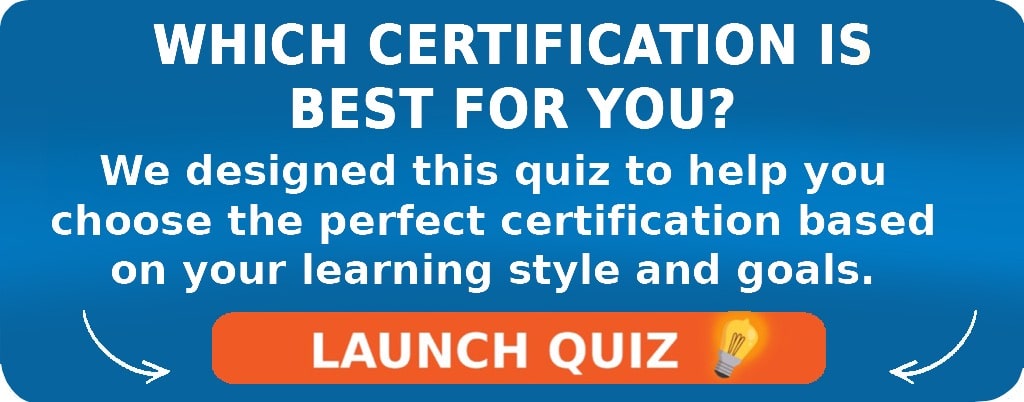

Great Blog! Keep on posting
Hey, glad you are enjoying the site.